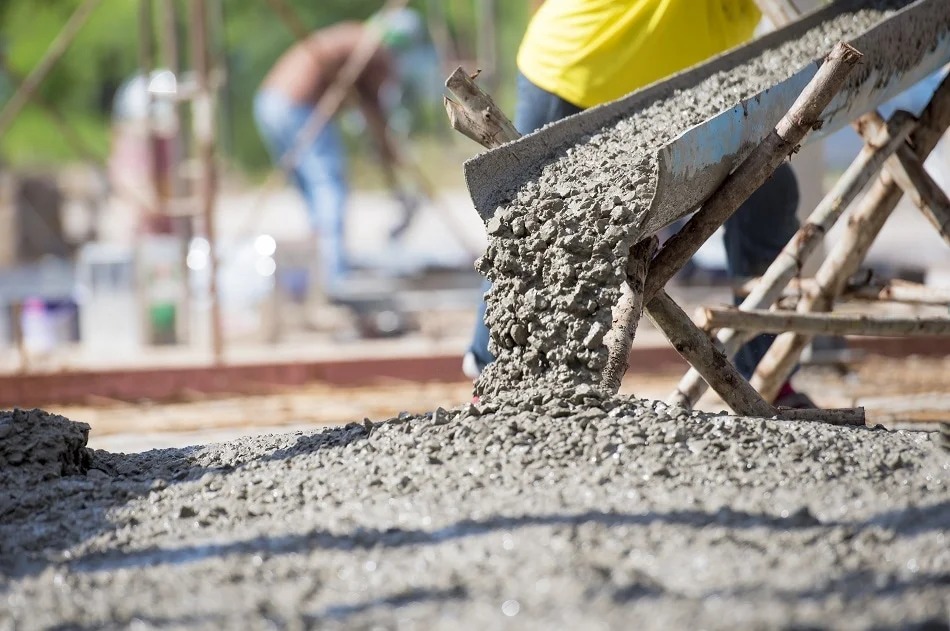Concrete is the backbone of modern construction, valued for its strength, durability, and versatility. Yet, the performance of concrete can be significantly enhanced and tailored through the use of concrete chemicals. These specialized additives improve workability, strength, durability, and even repair capabilities, making them indispensable in today’s construction industry.
This article provides an overview of common types of concrete chemicals, including admixtures for concrete, SBR chemical, crystalline coating, and plugging chemical, and explains how each is applied to meet specific construction needs.
What Are Concrete Chemicals?
Concrete chemicals are materials added to concrete or applied to hardened concrete to modify its properties. They can be incorporated during mixing or used later for repairs and surface treatments. The goal is to improve concrete’s performance under various conditions, whether it’s enhancing strength, reducing permeability, accelerating curing, or providing waterproofing.
Common Types of Concrete Chemicals and Their Uses
1. Admixture for Concrete
Admixtures are additives mixed into concrete to alter its characteristics. They can:
- Improve workability without increasing water content.
- Accelerate or retard setting time.
- Enhance strength development.
- Improve resistance to freeze-thaw cycles, sulfate attack, and chemical corrosion.
Examples include plasticizers, superplasticizers, retarders, accelerators, and air-entraining agents.
Applications: Used in almost all modern concrete construction projects, from bridges and roads to high-rise buildings and precast elements.
2. SBR Chemical (Styrene-Butadiene Rubber)
SBR chemical is a polymer-based additive that modifies the properties of concrete and mortar. When added:
- It increases adhesion and flexibility.
- Enhances water resistance and durability.
- Improves resistance to cracking and shrinkage.
SBR is often used in repair mortars, tile adhesives, waterproofing slurries, and bonding agents.
Applications: Ideal for repair works, waterproofing layers, flooring, and tiling where improved bonding and durability are critical.
3. Crystalline Coating
Crystalline coating is a waterproofing chemical applied to concrete surfaces. It penetrates concrete pores and reacts with moisture to form insoluble crystals that block water pathways.
Benefits include:
- Permanent waterproofing from within the concrete.
- Resistance to water pressure and chemical attack.
- Self-sealing ability for minor cracks.
Applications: Commonly used in basements, water tanks, tunnels, and foundations where long-term waterproofing is needed.
4. Plugging Chemical
Plugging chemicals are rapid-setting materials designed to stop active water leaks in concrete structures. They react quickly with water to form a hard, impermeable barrier.
Key features:
- Fast setting time for emergency repairs.
- High bonding strength to concrete substrates.
- Resistance to water pressure.
Applications: Used in tunnels, water reservoirs, dams, and sewage treatment plants for leak sealing and emergency crack repairs.
How Concrete Chemicals Improve Construction Outcomes
- Enhanced durability: Admixtures and coatings protect concrete from environmental attacks.
- Faster construction: Accelerators and plasticizers improve setting times and workability.
- Waterproofing: Crystalline coatings and SBR chemicals keep structures dry and safe.
- Effective repairs: Plugging chemicals provide quick fixes for water ingress problems.
Partnering with Trusted Suppliers Like Fospak
Choosing high-quality concrete chemicals from reliable suppliers such as Fospak ensures you get products tested to meet international standards. Fospak’s portfolio includes a range of admixtures, SBR chemicals, crystalline coatings, and plugging chemicals designed to suit Pakistan’s climate and construction requirements.
Concrete chemicals are powerful tools that expand the capabilities of traditional concrete. Whether you need to improve fresh concrete performance, waterproof a structure, or execute fast repairs, selecting the right chemical and applying it correctly makes all the difference.
Incorporate the right admixtures, coatings, and repair chemicals into your construction workflow to build stronger, longer-lasting, and more resilient concrete structures.

